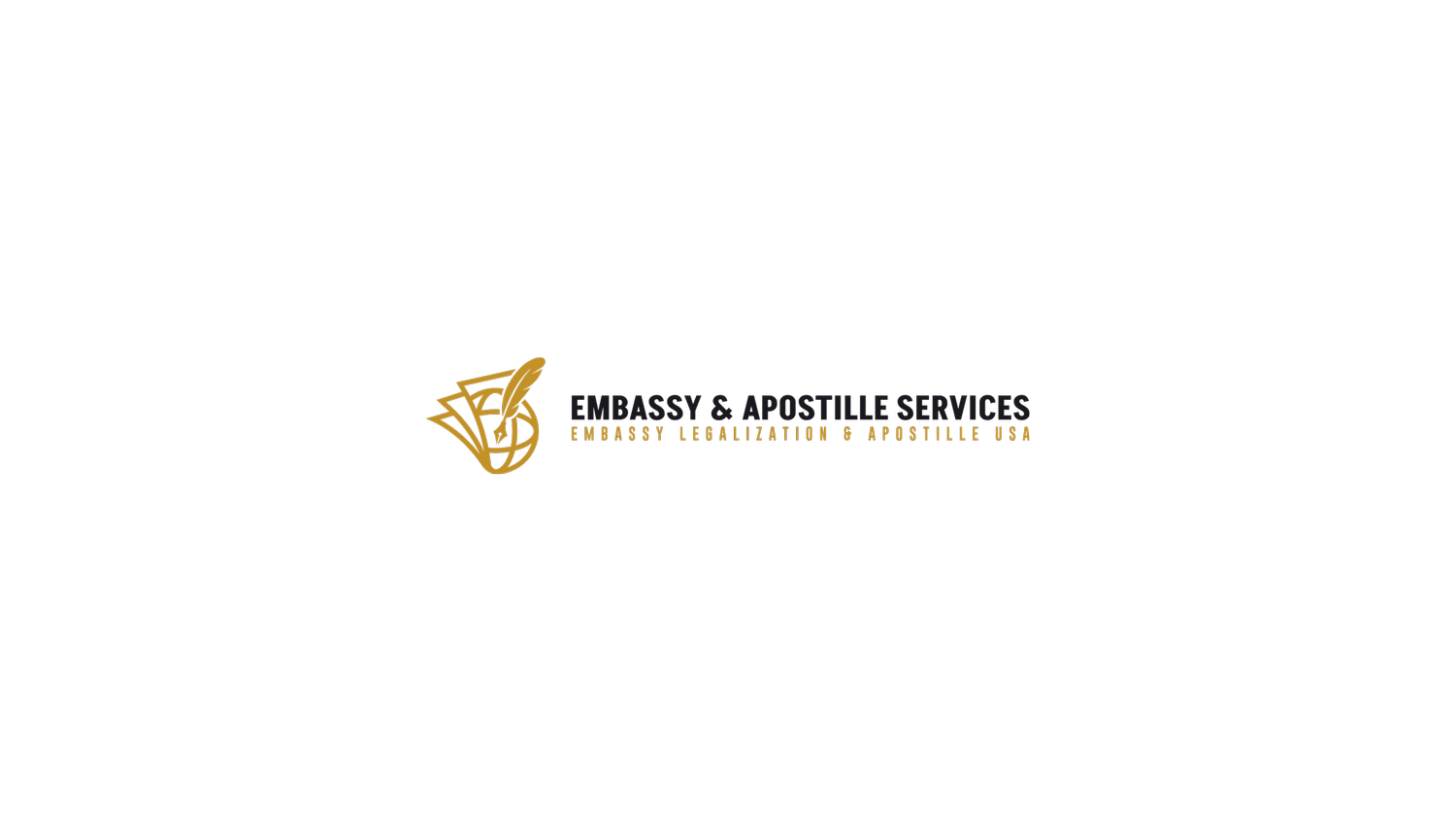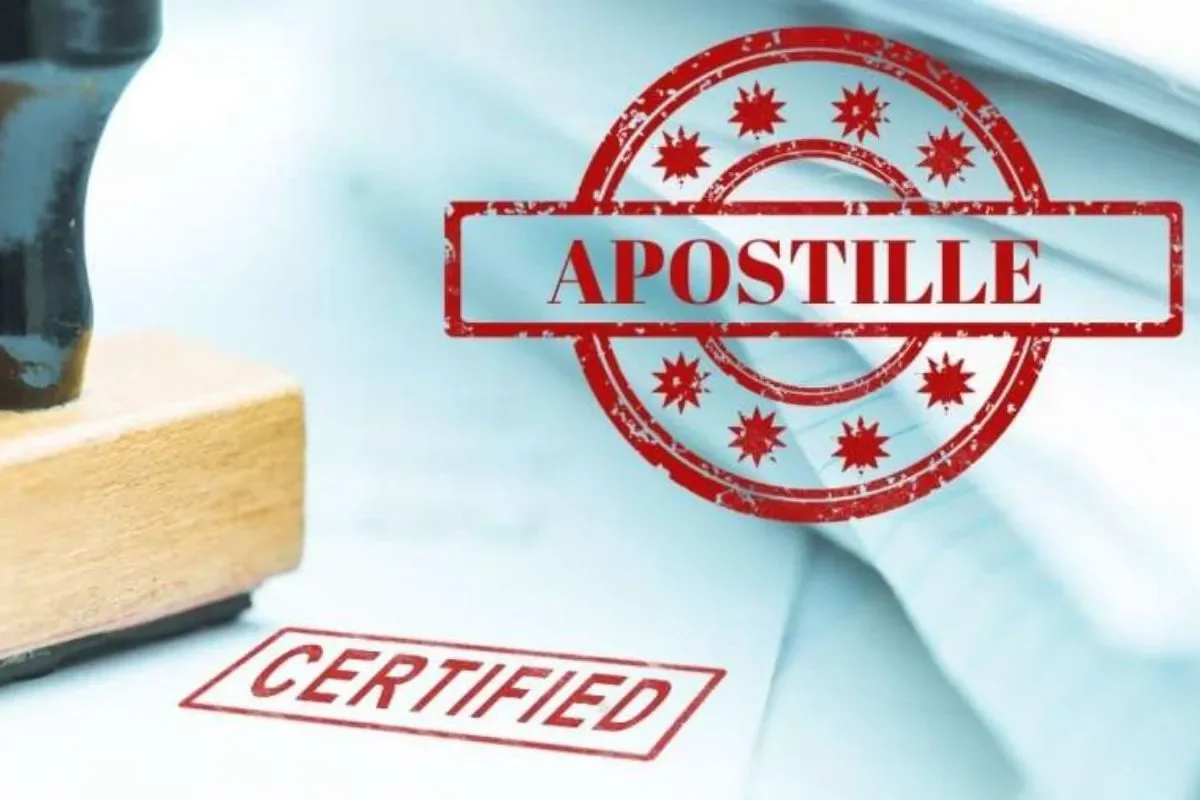Maryland Apostille and Full Legalization Process: Authenticating Maryland Documents for International Use
Understanding Document Authentication
When presenting U.S. documents abroad, you may need them officially authenticated so they are accepted in another country. Document authentication verifies that a document is genuine, ensuring foreign authorities recognize it as valid. Traditionally, this process is called legalization.
This guide explains the two main authentication processes for Maryland-issued documents:
The apostille procedure (for Hague Convention countries)
The full legalization process (for non-Hague countries)
Note: Each U.S. state has its own procedures for apostille and legalization. Always confirm requirements with the Maryland Secretary of State or the destination country’s consulate.
What is Legalization?
Legalization involves multiple steps of verification that can take time and incur higher costs. To simplify this, many nations signed the 1961 Hague Convention, which replaced full legalization with a single authentication step: the apostille certificate.
An apostille is issued by the designated authority in the state where the document originated—in Maryland, this is typically the Office of the Secretary of State in Annapolis.
Do You Need an Apostille or Full Legalization?
Common reasons for authentication include:
Studying, teaching, or working abroad
Applying for dual citizenship
International marriages
Repatriation or burial abroad
The type of authentication you need depends on:
The destination country
Hague Convention members accept an apostille.
Non-member countries require full legalization.
The type of document (private, state/county, or federal).
To check if your destination accepts apostilles, visit the Hague Conference website.
Types of Documents Requiring Authentication
1. Private Documents
Examples: Power of Attorney, Articles of Incorporation, Diplomas, Transcripts, Affidavits.
Step 1: Notarize in Maryland.
Step 2: Authenticate the notary at the Clerk of the Circuit Court where they were commissioned.
Step 3: Submit to the Maryland Secretary of State for apostille/authentication.
If required by a non-Hague country:
Step 4: Submit to the U.S. Department of State.
Step 5: Authenticate at the destination country’s consulate/embassy.
2. State/County Documents
Examples: Birth Certificates, Marriage Certificates, Divorce Decrees, Probate Wills.
Obtain a certified copy from the issuing office.
Submit to the Maryland Secretary of State for apostille/authentication.
If full legalization is needed, follow the same U.S. State Department and foreign consulate steps as above.
3. Federal Documents
Examples: documents signed by U.S. Consular Officers, Federal Judges, Military Notaries, or Federal Agencies.
These require authentication through federal channels before being accepted internationally.
Maryland Apostille & Legalization Process
Office of the Secretary of State (Maryland):
Address: 16 Francis Street, Wineland Building, 1st Floor, Annapolis, MD 21401
Phone: 410-974-5521
Hours: Mon–Fri, 9:00 am – 1:00 pm
Payment Methods:
By mail: check or money order made payable to “Secretary of State.”
In-person: cash, card, check, or money order (limit of 15 documents/day).
Include:
Cover letter with destination country.
Self-addressed prepaid return envelope (FedEx, UPS, Certified Mail accepted).
Apostille Format
While the Hague Apostille Convention provides a model certificate, Maryland apostilles may vary. They can be placed directly on the document or attached as a separate page (called an allonge) with stamps and seals.
Conclusion
If you need to use your documents abroad, understanding whether you need a Maryland apostille or full legalization is crucial. Apostilles streamline the process for Hague countries, while non-Hague destinations require additional steps through the U.S. Department of State and foreign consulates.

